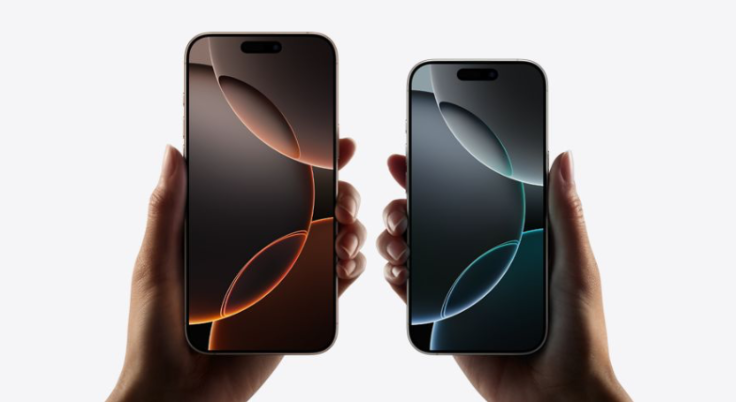
Indonesia's ban on the iPhone 16 remains in effect, driven by the country's policies requiring foreign tech companies, including Apple, to locally produce parts for smartphones. The government mandates that companies meet local content requirements for the return of iPhone 16 sales, prompting ongoing negotiations and investment proposals.
Indonesia Expects $1 Billion Investment From Apple Next Week
Indonesia initially rejected Apple's proposal of a $100 million investment, considering it insufficient. The government requires significant investments to support the local economy, particularly in technology manufacturing. Consequently, the government raised its expectations, now seeking a $1 billion investment from Apple. According to Reuters, Indonesian investment minister Rosan Roeslani stated that the revised proposal must be finalized within the next week.
Apple's Response and Local Manufacturing Challenges
Apple does not currently have manufacturing facilities in Indonesia or local partners to produce iPhone components. The company previously sought to meet Indonesia's local content requirements by setting up developer academies, which allowed the sale of older iPhone models in the country. However, this approach has been ineffective for the iPhone 16, intensifying the issue.
Apple's failure to meet the content requirements resulted in the ongoing ban on iPhone 16 sales in Indonesia, which remains in place until progress is made in the negotiations.
Potential for a $1 Billion Investment
If Apple agrees to the $1 billion investment proposal, it is anticipated that the company would meet Indonesia's requirements by establishing a local manufacturing facility. Such an investment could not only help Apple comply with local content regulations but also create job opportunities within Indonesia. Minister Roeslani highlighted that this commitment could lead to greater inclusion of Indonesia in Apple's supply chain.
Apple's Global Manufacturing Network
Apple relies on a global network of manufacturing partners to produce iPhone components and assemble devices. Its largest partner, Foxconn, operates primarily in China but has expanded its operations to India, Brazil, and other Southeast Asian countries. Despite diversifying its supply chain, Apple has yet to establish manufacturing operations in Indonesia, which has become a point of contention in the ongoing dispute.
Current Status of the iPhone 16 Ban
Indonesia continues to uphold the ban on iPhone 16 sales due to Apple's failure to meet local content production requirements. The Indonesian government has expressed its willingness to lift the ban if Apple fulfills its investment commitments. However, as of now, Apple has not announced any plans to establish a manufacturing facility in the country, which remains a critical issue in the negotiations.
Related Article: iOS 19 Could Still Face Delays Like iOS 18 Due to Apple Intelligence









